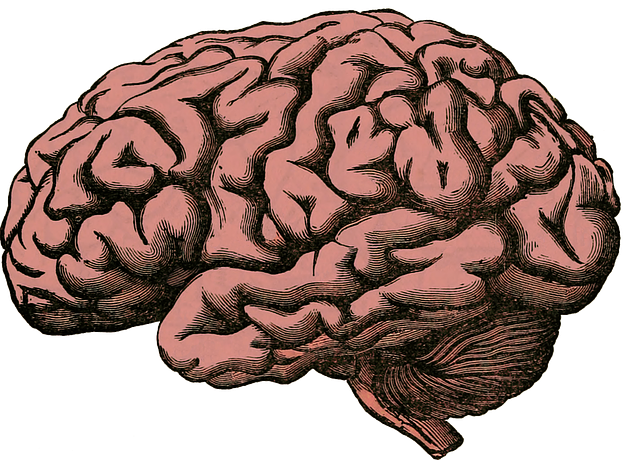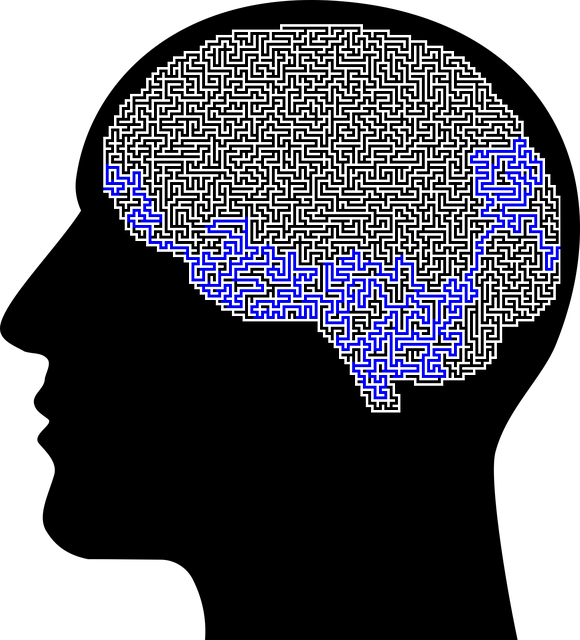Parker First Responders Therapy leverages structured mental health data collection using standardized forms and databases to enhance care access and quality. They categorize data by diagnosis, age, and challenges to implement targeted programs like Self-Care Routine Development and Mental Wellness Coaching. Advanced statistical methods and data visualization tools enable personalized treatment plans and trend identification. Accurate interpretation of client outcomes guides dynamic therapy adjustments. Future mental health care emphasizes ethical considerations, particularly privacy, while leveraging technology for personalized, inclusive treatments tailored to diverse communities.
Mental health data analysis is a powerful tool for understanding complex human experiences. This article explores how structured analysis of mental health data, from collection to interpretation, offers valuable insights. We delve into effective techniques for unearthing patterns and trends within this sensitive information. Specifically, we focus on the practical applications for Parker First Responders Therapy, discussing implications for service improvement and highlighting ethical considerations in data-driven mental healthcare’s future trajectory.
- Understanding Mental Health Data: Collection and Organization
- Analytical Techniques for Insights and Patterns
- Interpreting Results: Implications for Parker First Responders Therapy
- Ethical Considerations and Future Directions in Data-Driven Mental Health Care
Understanding Mental Health Data: Collection and Organization

Understanding Mental Health Data is a critical first step in any analysis process, especially when aiming to improve access and quality of care like Parker First Responders Therapy focuses on. Effective data collection involves capturing diverse information related to mental health experiences, including symptoms, treatment histories, and demographic details. This data must be meticulously organized to ensure it’s useful for analysis. Structured forms and standardized questionnaires are valuable tools to guarantee consistent data entry, allowing for accurate comparisons and insights.
Organizing the collected data requires a strategic approach, often involving digital databases or spreadsheets. Categorizing participants based on diagnosis, age groups, or specific mental health challenges enables targeted interventions and tailored programs like Self-Care Routine Development for Better Mental Health and Mental Wellness Coaching Programs Development. This structured framework facilitates in-depth analysis, enabling professionals to identify trends, patterns, and potential areas for improvement within the community served by Parker First Responders Therapy.
Analytical Techniques for Insights and Patterns

In the realm of mental health data analysis, various analytical techniques are employed to uncover insights and identify patterns within vast datasets. One such innovative approach is utilizing advanced statistical methods to detect correlations between different variables, helping professionals understand complex relationships that may influence an individual’s mental wellness. For instance, by analyzing survey responses from Parker First Responders Therapy clients, researchers can pinpoint specific triggers for anxiety or depression, guiding the development of more personalized treatment plans.
Moreover, data visualization tools play a pivotal role in presenting complex information in accessible formats. Visual representations allow professionals to spot trends and outliers that might not be evident through raw numbers. This is particularly beneficial when assessing the impact of Self-Care Routine Development for Better Mental Health or evaluating the outcomes of Mood Management interventions over time. The Mental Wellness Podcast Series Production can also incorporate these visual elements to educate listeners, making intricate mental health concepts more digestible and fostering a deeper understanding of various therapeutic approaches.
Interpreting Results: Implications for Parker First Responders Therapy

When analyzing mental health data, especially for Parker First Responders Therapy, interpreting results accurately is paramount. This involves identifying patterns and trends within the collected data that can offer insights into the effectiveness of various therapeutic interventions. By assessing the impact of Self-Awareness Exercises, Mood Management techniques, and Emotional Healing Processes, therapists can tailor their approach to meet the unique needs of each client. For instance, improved mood stability could indicate successful implementation of coping strategies, while heightened self-awareness might suggest a need for further exploration of underlying issues.
For Parker First Responders Therapy, these insights are invaluable as they ensure that treatment plans remain dynamic and responsive to individual progress. Through rigorous data analysis, therapists can make informed decisions about adjusting therapy modalities, setting new goals, or introducing supplementary techniques to enhance overall therapeutic outcomes. This data-driven approach not only streamlines the healing process but also underscores the importance of continuous evaluation in mental health care.
Ethical Considerations and Future Directions in Data-Driven Mental Health Care

As mental health care increasingly turns to data-driven approaches, ethical considerations become paramount. Ensuring privacy and confidentiality of sensitive patient information is non-negotiable, especially with advancements in technology allowing for vast data collection. The potential benefits of data analysis, such as personalized treatment plans and improved resource allocation, must be balanced against the risk of misuse or unauthorized access. This delicate balance requires robust security measures and transparent practices to build trust among patients and communities, particularly vulnerable populations who may face disparities in access to quality mental healthcare services.
Looking ahead, the future of data-driven mental health care hinges on integrating cultural sensitivity and developing inner strength through evidence-based interventions. Incorporating diverse perspectives and addressing systemic barriers within healthcare systems, as seen in initiatives like Parker First Responders Therapy, can lead to more inclusive and effective treatment modalities. Training healthcare providers in cultural competency ensures they are equipped to deliver services that resonate with diverse communities, fostering a sense of belonging and empowerment. This holistic approach promises to revolutionize mental healthcare, making it accessible, culturally sensitive, and ultimately more successful in meeting the unique needs of every individual.
Mental health data analysis offers a powerful tool for understanding complex psychological issues, especially within specialized care contexts like Parker First Responders Therapy. By applying structured techniques to organize and interpret data, therapists can uncover meaningful patterns and insights that inform treatment strategies. This article has explored the process from data collection to ethical implications, highlighting how analytical rigor enhances our ability to support individuals in need. As technology advances, a data-driven approach to mental health care holds great promise for improving outcomes and ensuring tailored interventions, particularly within the unique framework of Parker First Responders Therapy.














